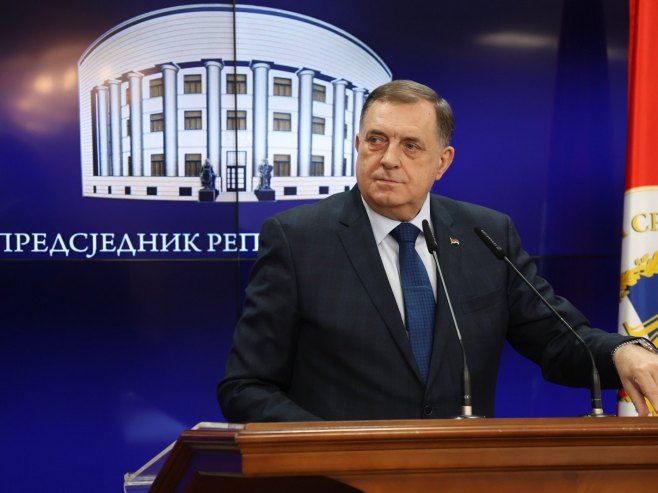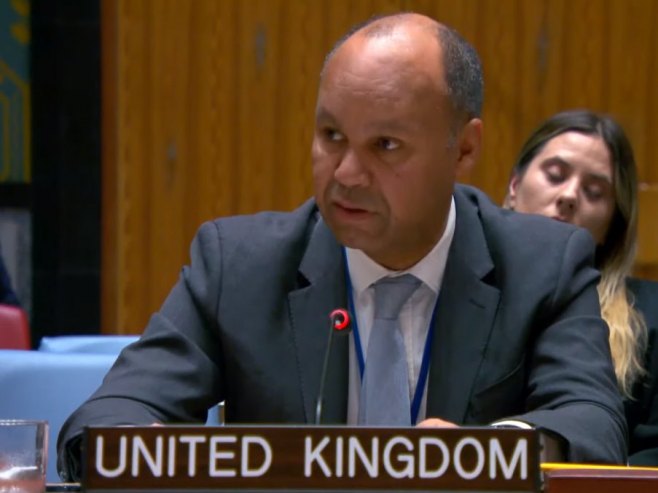There is increasingly less chance that reforms, for which the domestic authorities would receive one billion euros from the EU, will be agreed upon in Bosnia and Herzegovina. As we have learned, the government of Republika Srpska still refuses to accept three conditions that European officials demand to be included and implemented.
The European Commission has adopted the Growth Plan for the Western Balkans, which stipulates that the countries of the region will receive six billion euros. In return, they are obliged to commit to implementing certain reforms.
The EU Delegation stated that the domestic authorities in Bosnia and Herzegovina have submitted a list of mutually agreed reforms to the European Commission for inclusion in the Reform Agenda, which is a necessary basis for participation in the Growth Plan for the Western Balkans.
- “The complete draft of the Reform Agenda is yet to be submitted, and time is running out. Once submitted, the European Commission will assess whether the draft Reform Agenda of Bosnia and Herzegovina meets the necessary level of ambition for Bosnia and Herzegovina to benefit from the Growth Plan,” they said to “Glas” from the EU Delegation in Bosnia and Herzegovina, without specifying the deadlines.
They recalled that the growth plan is supported by a new financial instrument – the Reform and Growth Instrument for the Western Balkans – amounting to six billion euros in grants and loans for the entire region.
In the government of Republika Srpska, as we have learned, there has been no progress in agreeing on the three measures that European officials are demanding because they relate to the transfer of competencies from the entity level to the state level.
Prime Minister of Republika Srpska Radovan Višković recently stated that three out of the total 113 EU principles related to the Growth Plan remain unresolved. These are the service center, the appointment of all judges of the Constitutional Court of Bosnia and Herzegovina, and the abolition of the veto right in decision-making.
- “As long as I hold this position, I cannot accept these three measures. This is an abuse of Republika Srpska. In the next step, this will expand to the parliament and the House of Peoples. In that case, the Prime Minister or anyone who would sign such a measure would essentially sign away the existence of Republika Srpska,” Višković said.
However, European officials recently revealed that the condition for the disbursement of the first tranche of the one billion euros earmarked for Bosnia and Herzegovina, amounting to 138 million euros, is the adoption of the budget at the level of joint institutions.
Although we are nearing the end of the second quarter, Bosnia and Herzegovina is still under temporary financing, and European officials are demanding that domestic institutions resolve this issue before the summer recess.
EU Ambitions
Deputy Chairman of the Council of Ministers of Bosnia and Herzegovina, Staša Košarac, previously told “Glas” that they do not agree with certain ambitious positions of the EU in drafting the Growth Map at the joint level, which need to be defined with full visibility of Republika Srpska and the Federation of Bosnia and Herzegovina.
- “These EU positions are not in accordance with the Constitution and the Dayton structure of Bosnia and Herzegovina. Certain issues, which are within the constitutional jurisdiction of Republika Srpska and the Federation of Bosnia and Herzegovina, cannot be transferred to the joint level under the guise of ambition towards the EU. Also, issues that are not agreed upon in Bosnia and Herzegovina and that are not part of the work program of the Council of Ministers of Bosnia and Herzegovina and ministries cannot be put in the focus of the EU’s ambitions. For example, the gas law at the state level or the abolition of entity voting – these are things to which Republika Srpska will never agree. For us, this is unacceptable because it is unconstitutional and anti-Dayton,” Košarac stated.
Source: RTRS









